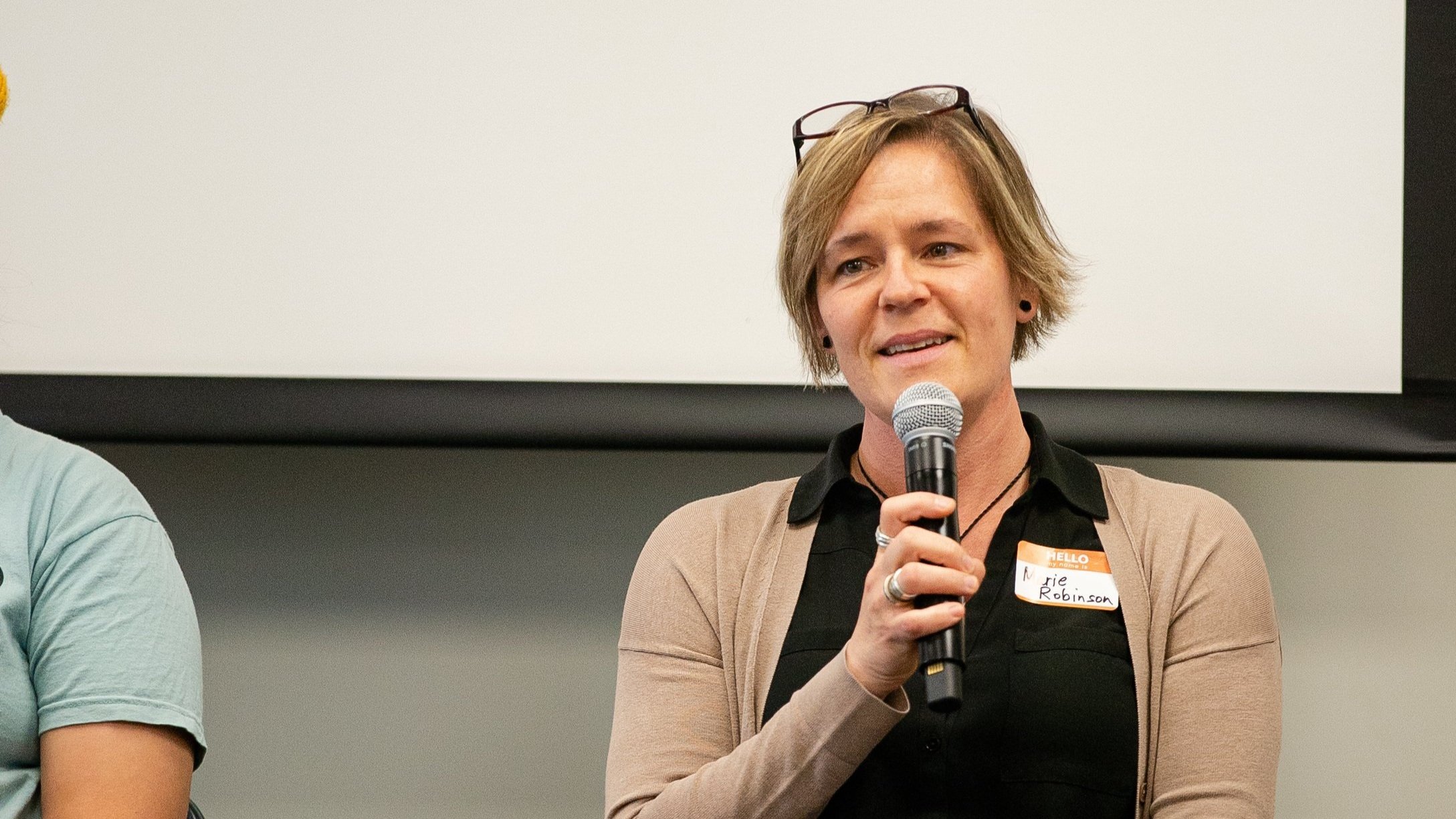Advancing Transformative Policy and Advocacy
As a state network, MEEA supports a variety of legislation that center our mission of environmental education, equity, and awareness on both state and federal levels. Below is a list of MEEA’s legislative priorities!
Your support as members of our network is critical in advancing and passing legislation. Reaching out to your state or federal legislators to let them know that their constituents support these bills is essential to gaining support and votes. Emails, phone calls, letters to the editor, oral testimony, and attending public meetings are all ways to get involved and make your voice heard. Please reach out to amara@meeassociation.org if you need support!

Educators are powerful advocates
Check out these advocacy guides for educators to help you with submitting testimony and using your voice to pass impactful policy that benefits environmental education.
State-level Priority Legislation
LD 1474 | An Act to Strengthen the Teaching of Wabanaki Studies in Maine Schools
Current status: Bill printed. We will update our network once a hearing date is scheduled so you can submit testimony.
MEEA is actively supporting a bill that is key in securing a path for current Wabanaki Studies efforts in Maine to continue (and expand) in the future. “An Act to Strengthen the Teaching of Wabanaki Studies in Maine Schools,” seeks to accomplish two crucial goals:
Wabanaki Studies Specialist
1) securing a permanent position within the Maine Department of Education for a Wabanaki Studies Specialist to continuously support all Maine schools, regardless of the ongoing political climate, and;
Wabanaki Advisors
2) ensuring that the Department holds funds for the necessary contracted work of any Wabanaki advisors so that they are properly compensated for the important cultural knowledge that they share in order for quality, accessible resources to be built.
LR 808 | An Act to Expand the Green Schools Network
Current status: The bill has been printed. We will update our network once a hearing date is scheduled so you can submit testimony.
The Maine Green Schools Network will support project-based, real-world environmental education in Maine schools, and help schools save money and improve aging infrastructure through more energy efficient adaptations in their buildings, energy systems, transportation, food use, and landscaping. The Network will bring together state agencies, educators, students, community-based organizations, and Wabanaki leaders. The bill is yet to be printed, but anticipates no fiscal note, and will set up opportunities for future funding of Green Schools work. Learn more on the Nature Based Education Consortium’s website.
LD 895 | An Act to Support Outdoor Education by Establishing the Outdoor School for All Maine Students Program
Maine Outdoor School for All is a movement to get kids outside so they can connect to Maine’s outdoor heritage. Through this initiative, every middle school student in Maine will have the chance for a life-changing learning experience at one of Maine’s renowned outdoor learning centers.
Environmental Priorities Coalition
MEEA is a member of the Environmental Priorities Coalition. As a member, MEEA supports all of the EPC bills, and is prioritizing the Land for Maine’s Future program, recognizing Wabanaki self-determination, and making climate polluters pay their fair share for climate devastation. Click the links to see fact sheets about each issue.
All of our advocacy work is done in network and through partnerships at the state and federal levels. Some of those partners include:
The Nature Based Education Consortium, The Enviromental Priorities Coalition, the Maine Green Budget Coalition, Maine Outdoor School for All Network, the North American Association for Environmental Education, Green Schoolyards America, and the Outdoor Alliance for Kids
MEEA’s Federal Legislative Priorities
S-4993 Living Schoolyards Act
The Living Schoolyards Act (S-4993), introduced into the United States Senate by Senator Martin Heinrich (D-NM), is a groundbreaking bill that will direct important federal resources towards transforming school grounds into living schoolyards—richly layered outdoor environments that strengthen local ecological systems while providing place-based, hands-on learning resources for students of all ages.
We work closely with Green Schoolyards of America on this effort
S. 1239, No Child Left Inside Act
MEEA has been working on this bill for two years and advocated for Senator Collins to sign on as a co-sponsor. Our network’s support was critical in realizing this!
The legislation would provide federal grants to states for partnerships between school districts and parks, natural resource management agencies, educator preparation programs, and museums or other organizations with expertise in engaging young people with real-world examples of environmental and scientific concepts. It would also establish a pilot program for outdoor school education programs that offer intensive, hands-on learning experiences, such as residential programs and summer camps.
Green Ribbons Program
The Department of Education’s (ED) Green Ribbon Schools program has awarded the Green Ribbon to over 600 schools, districts and colleges and universities over the past 12 years. The Green Ribbon Act promises to give the current program greater impact by strengthening the capacity of states to educate and equip schools with what they need to work toward the achievement of the three aspirational goals of the award. The Green Ribbon Act would 1) provide grants for implementation of state-wide green school programs consistent with the Department of Education’s (ED) Green Ribbon Schools program, 2) provide $10k honoraria to winners of the Green Ribbon award, 3) create a Clearinghouse Office of School Infrastructure and Sustainability at the Department to function as a technical assistance center for school infrastructure; and 4) expand the ED program to include nonformal learning institutions.
Appropriations
Every year, MEEA also advocates for environmental education funding for NOAA and the Environmental Protection Agency, which has support Maine’s environmental education.




